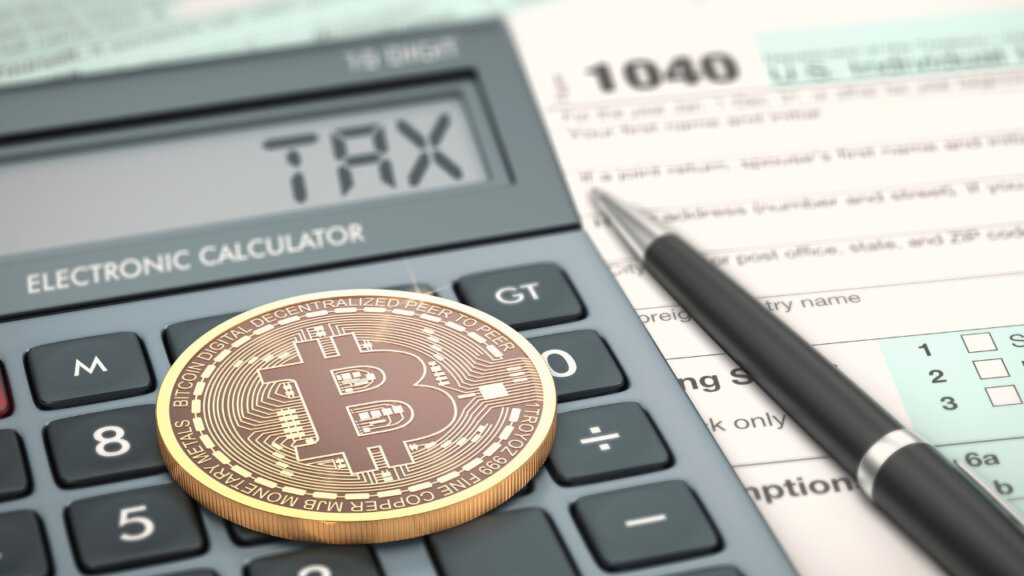The question of what happens to your bitcoin when you die is a very important one. With millions of people around the world owning bitcoin, it’s good to know what will happen to your bitcoin when you die.
In this article, we will mainly look at two different scenarios: What happens to your bitcoin when you die with a will? And what happens to your bitcoin when you die without a will?
What happens to Bitcoin after death when you have a will?
After you pass away, your Bitcoin will be added to your estate. Your estate will be managed by a personal representative or executor.
This means that your Bitcoin is subject to all the same rules as other assets in your estate. When you die with a will, your bitcoin will be transferred to the beneficiary of your choice. The executor will be responsible for distributing your assets according to the terms of your will. This means that you can choose to leave your bitcoin to your children, spouse, or anyone else. If you are married, you can leave your bitcoin to your spouse; and if you are single, you can leave your bitcoin to anyone else.
Moreover, if you haven’t included Bitcoin in your will, then there are some steps you need to take. Only then you can ensure that the right person will receive your Bitcoin.

What happens to your Bitcoin when you die without a Will?
When you die without a will, your bitcoin will end up to your closest living relative. This means that your bitcoin will end up spouse, children, or any other living close relative.
If you don’t have any children or spouse, your bitcoin will be transferred to your parents. However if you don’t have any parents, your siblings will receive your bitcoin. Finally, if you don’t have any siblings, your bitcoin will be transferred to your closest living relative.
If you don’t have any living relatives, your bitcoin will be transferred to the state. In this case your state will decide how to distribute your assets. This means that your Bitcoin could end up to a strange. Or alternatively it could be given to a family member who you didn’t intend to inherit your Bitcoin.
What happens to your Bitcoin if you die in a car accident?
If you die in a car accident, your bitcoin will be transferred to your spouse or closest living relative. This means that if you are single, your bitcoin will be transferred to closest living relative. If on the contrary you are married, your spouse will get your bitcoin.
Inheritance Laws for Bitcoin
Bitcoin is still a relatively new technology, so it’s not surprising that there are some grey areas in the law when it comes to digital assets.
According to the Uniform Probate Code, an individual’s assets are distributed based on their will or estate plan. This means that if you haven’t included Bitcoin in your will, then your heirs might not inherit your Bitcoin.
Bitcoin is treated as property under the law. This means that it is subject to the same rules as other assets in your estate. Depending on the state you live in, your Bitcoin could be distributed to your heirs or it could be added to your estate.
The IRS has classified Bitcoin as property. This means that it is subject to the same tax laws as other assets. If you own Bitcoin, then it is subject to capital gains tax when you sell it.
Bitcoin Inheritance Considerations
Bitcoin inheritance is still a relatively new concept, so there are some things to consider before you decide to leave your Bitcoin to a loved one.
The first thing you should consider is whether or not your family member or friend is willing to take on the responsibility of managing your digital assets. This could be a lot of work and it might take time away from other responsibilities.
There is also the possibility that your family member or friend might not be able to manage your assets as well as you would have. For example, they might not be able to manage your Bitcoin as well as you can.
If you decide to leave your Bitcoin to a family member or friend, then you should make sure that you have shared all of your account and password information with them. You should also make sure that they are aware of the potential risks involved with managing your digital assets.
Bitcoin Inheritance Taxation

In the US, the IRS treats Bitcoin as property. This means that it is subject to the same tax laws as other assets in your estate.
In case you own Bitcoin, then it is subject to capital gains tax when you sell it. If you leave your Bitcoin to a family member or friend, then they will be responsible for paying the capital gains tax on your behalf.
Moreover, if your estate is worth more than $11.18 million, then you will be subject to estate tax. This means that your heirs will have to pay the estate tax on any assets that are worth more than $11.18 million.
Final Thoughts
Bitcoin inheritance is a relatively new concept. As more people acquire Bitcoin, it is likely that more questions will be raised about how to manage it after death.
If you want to make sure that your Bitcoin is distributed to the right people after you die, then you should include it in your will. You should also consider sharing your account and password information with a trusted family member or friend.
What do you think? Do you think more people will begin leaving their Bitcoin to their loved ones after they die? Or do you think that your family members or friends will be able to manage your digital assets?
Check out Myend’s comprehensive end-of-life planning services. We are offering many ways to make sure you inform your loved ones about your crypto savings. And if you want to experience our services for yourself, sign up today completely free of charge.